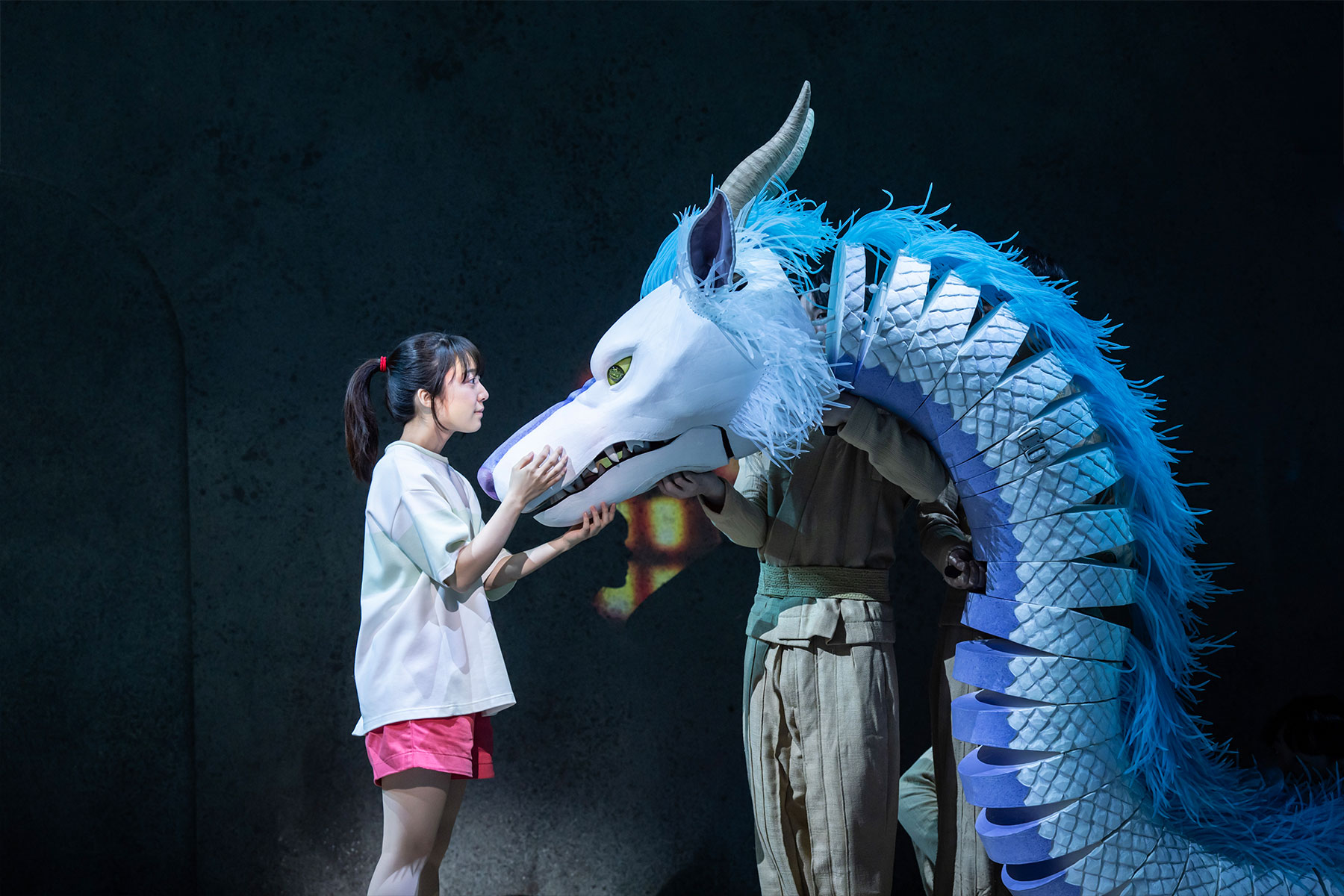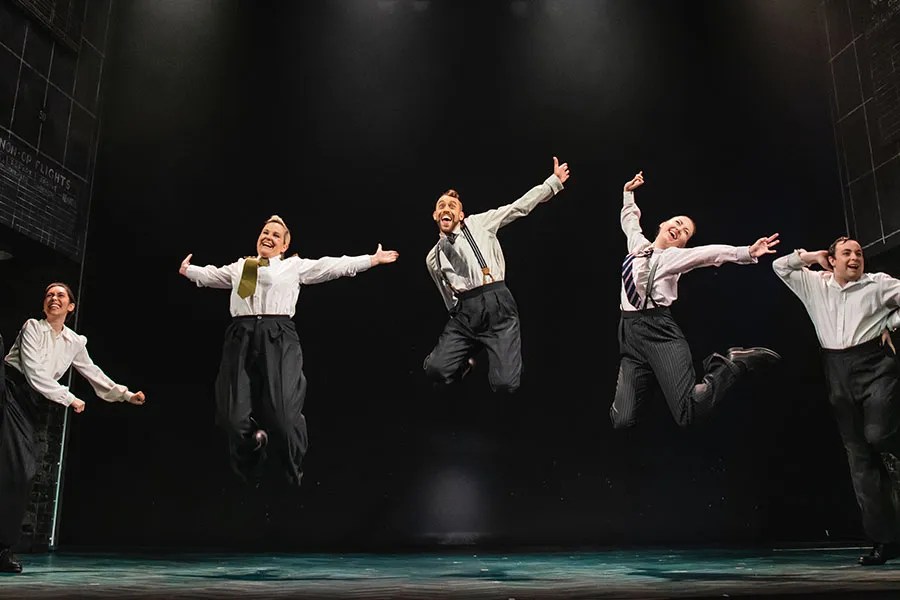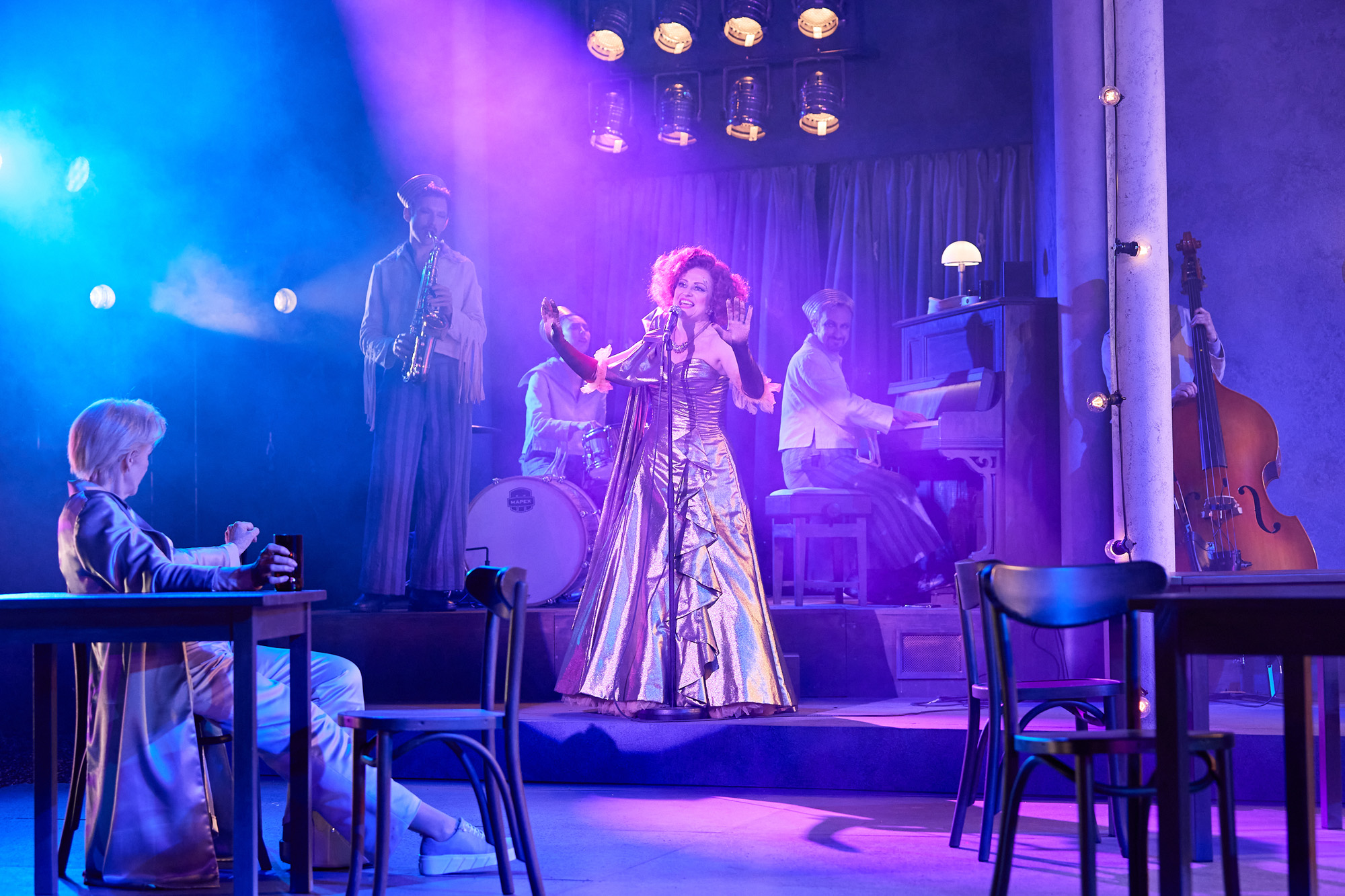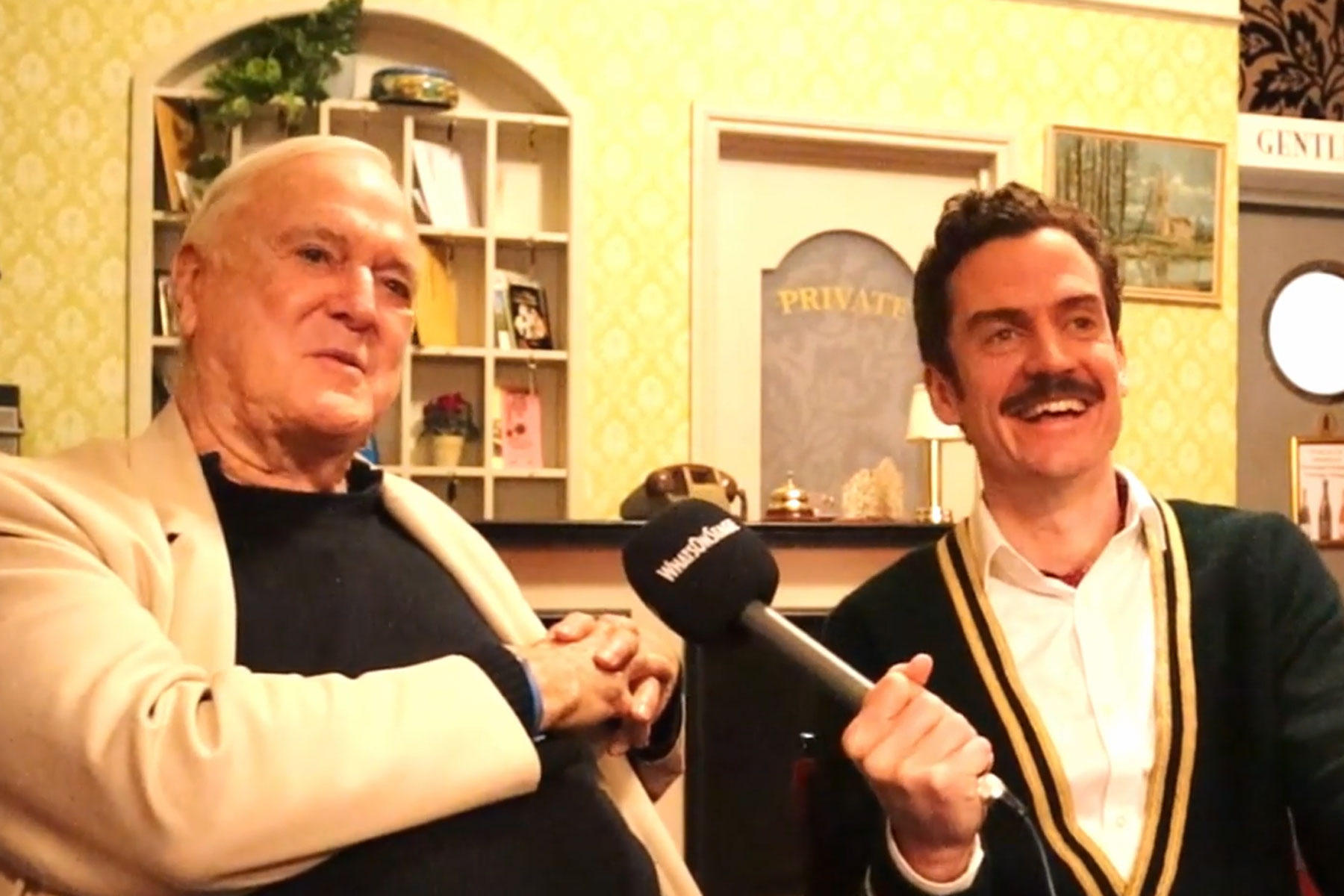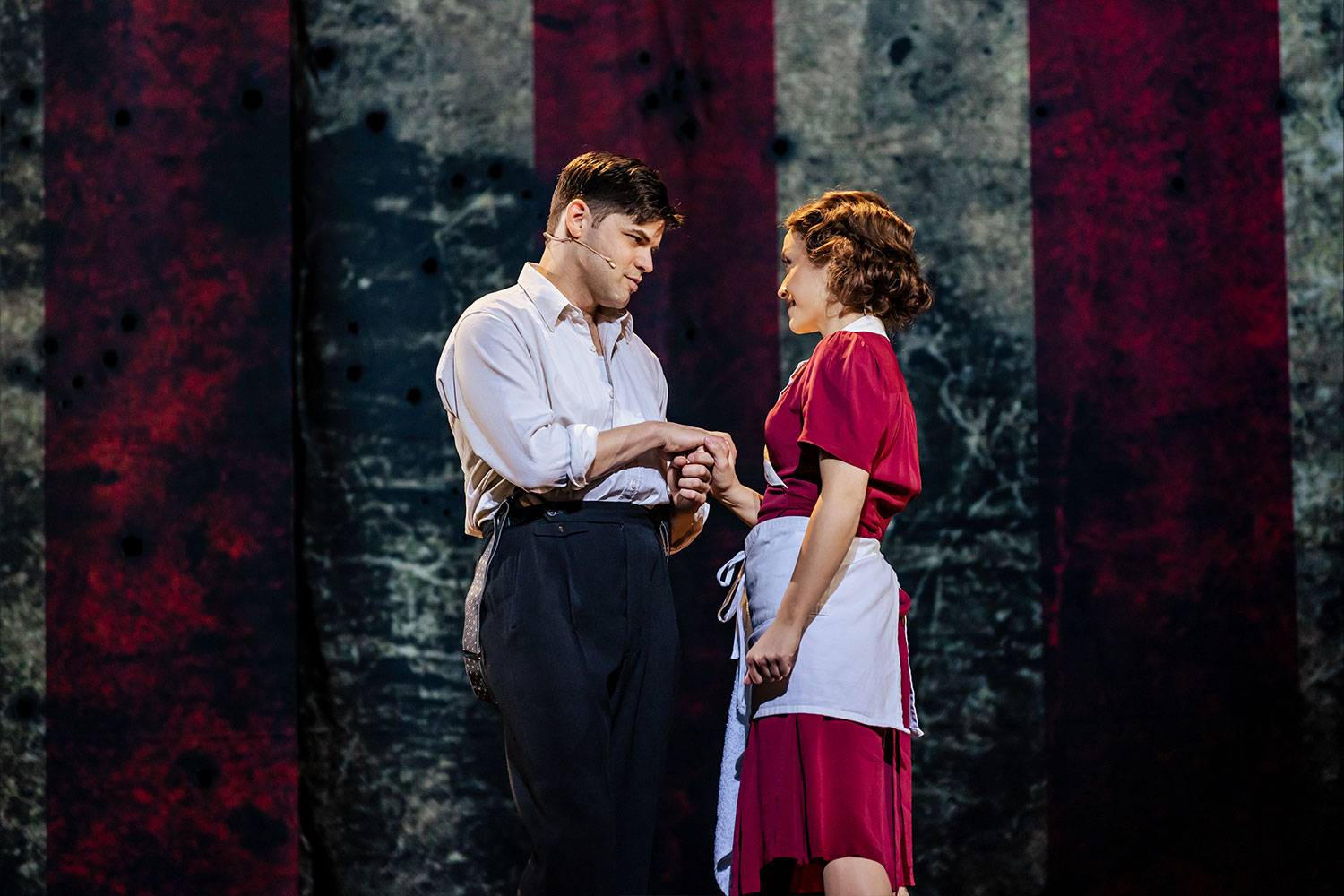Prince of Homburg (RSC)
Note: The following review dates from February 2002 and this production’s original Stratford run.
Heinrich von Kleist’s The Prince of Homburg is a co-production between the RSC and the Lyric Hammersmith. It’s directed by Neil Bartlett, the artistic director of the Lyric, who has prepared the new version of the play used here. The cohesion Bartlett brings is essential to unify this complex and disparate dream.
People who like to put plays into clear categories of period, theme, genre and style will be disconcerted by this poetic, strange and fascinating piece. A flawed masterpiece, it inhabits a world somewhere between dream and reality. A product of the age of Beethoven and Goethe, when German Romanticism was emerging from European Enlightenment, it seems almost to prefigure Freud in its exploration of neurosis and mental breakdown.
The prince of Homburg is a leader of the Prussian army, brave but impetuous, who disobeys an order in the heat of battle and has to live with the devastating consequences which arise from this act of bravura. But the characters are less important than the moral dilemmas they are used to pose, and the play’s main interest is less in its personalities than the themes it explores – honour, glory, courage, obedience, authority, and the nature of masculinity.
But it is the two female characters who are the most charismatic and original. They are wonderfully played by the authoritative Lynn Farleigh and the feisty Tanya Moodie. Almost all the acting is strong. James Laurenson makes the ruler of Prussia both an uncompromising defender of law and a man of invention and ingenuity who faces a dilemma of government still very relevant today. As the prince’s friend and confidante, Will Keen presents us with a visionary far ahead of his time – almost a proto-psychoanalyst.
Dan Fredenburgh plays the title role well, but not well enough. He’s good, but needs to be outstanding to carry us on the prince’s wide-ranging emotional journey. He’s too earth-bound to convey the quicksilver spirituality of the dreaming soldier. Rather than a man entering the mystical world of the imagination, he appears confused at what he confronts. Often his honesty and suffering is moving, but he fails to convey the more subtle sensibilities at the heart of this character.
This play of ideas raises questions rather than suggests answers. Arguments are advanced, only to be undermined or abandoned: the need for the rule of law rather than the whim of the ruler, even when that flies in the face of compassion and mercy; the supremacy of emotions like romantic love or the fear of death over political calculation and pragmatism; the futility and emptiness of human ambition for military glory and fame; psychological insight into the wellsprings of human motivation – all are explored only to be cast aside. Instead we are left with darkness and uncertainly – a void at the play’s heart.



